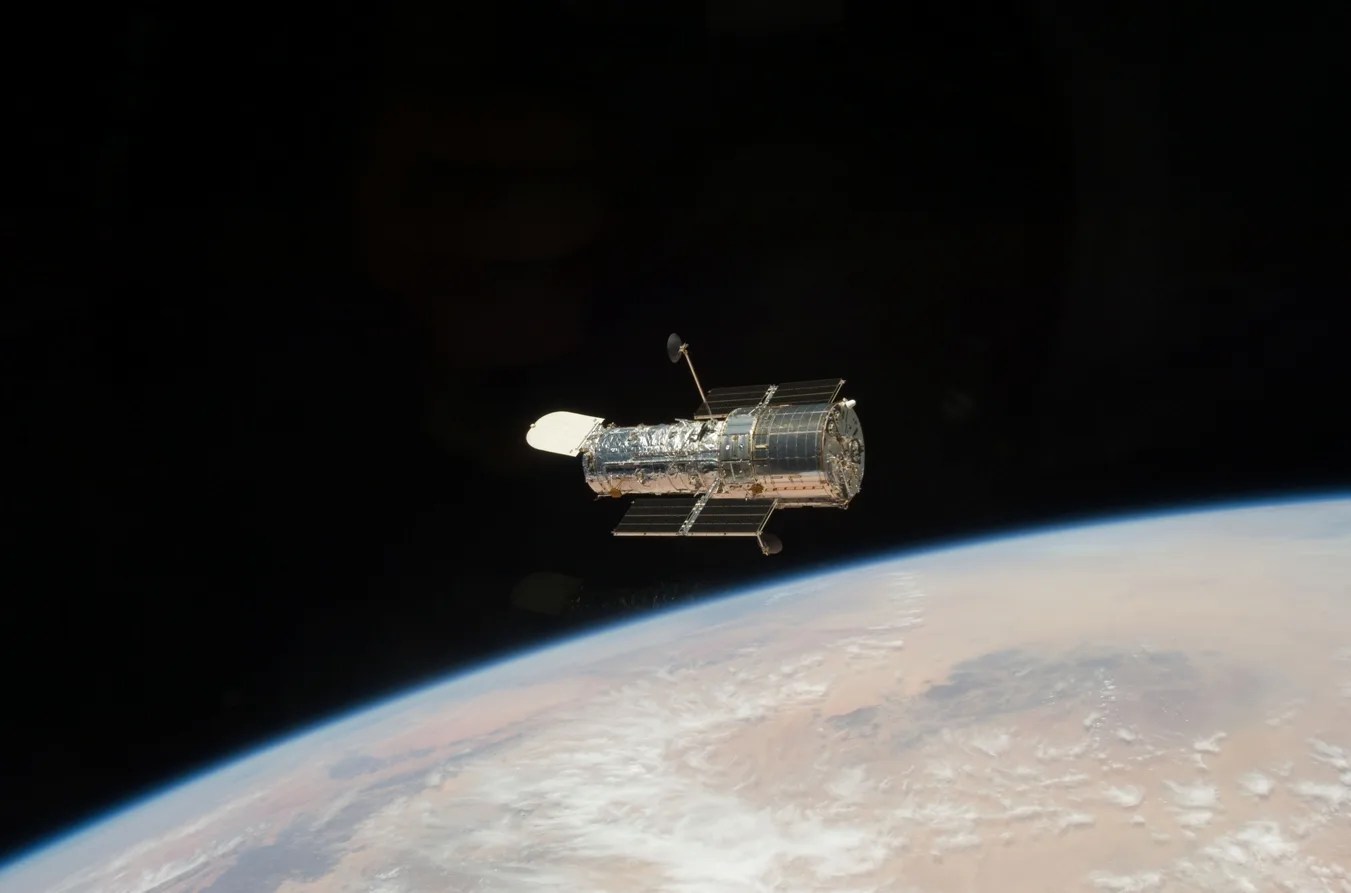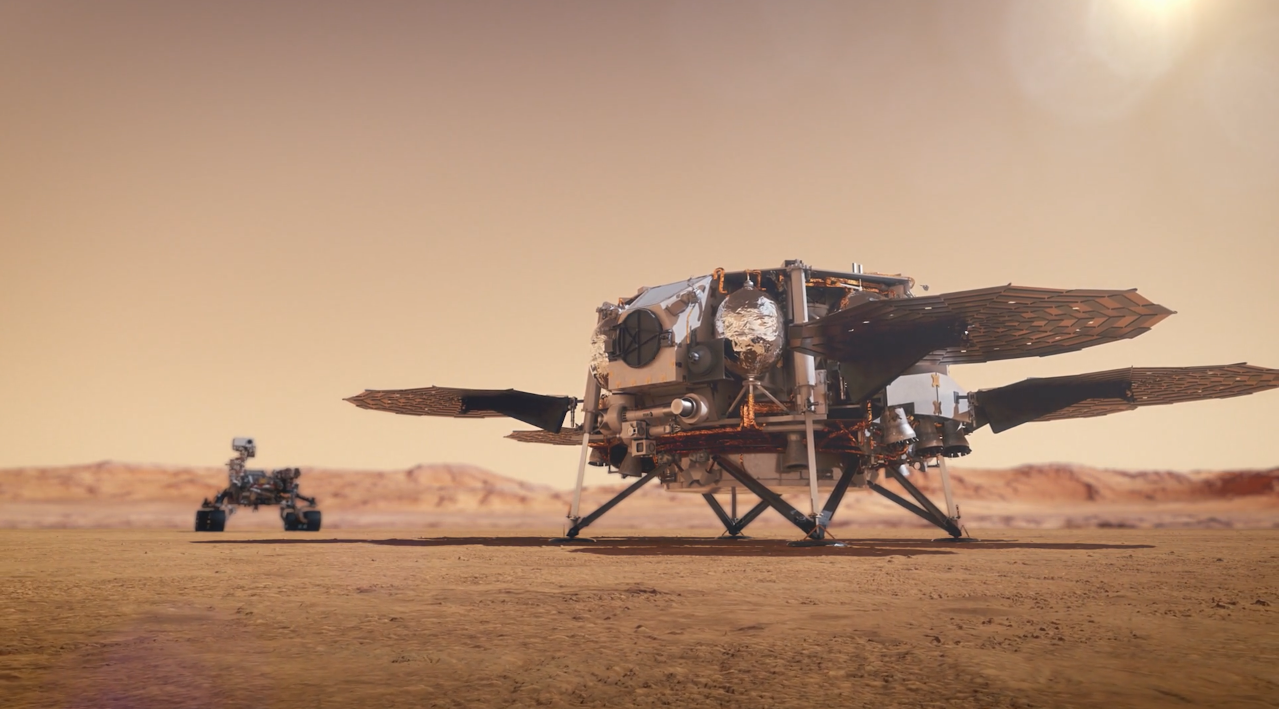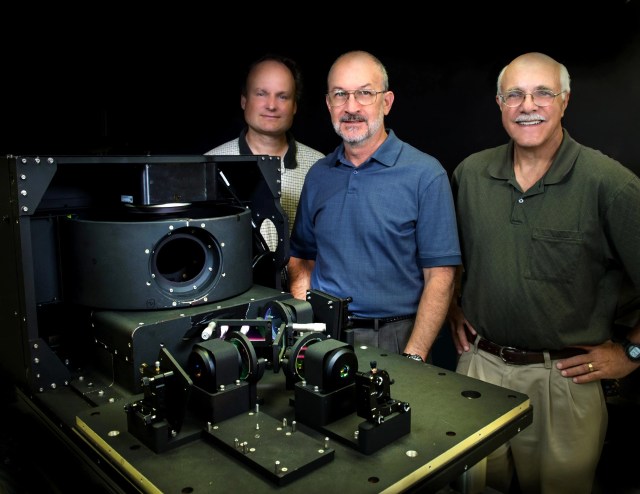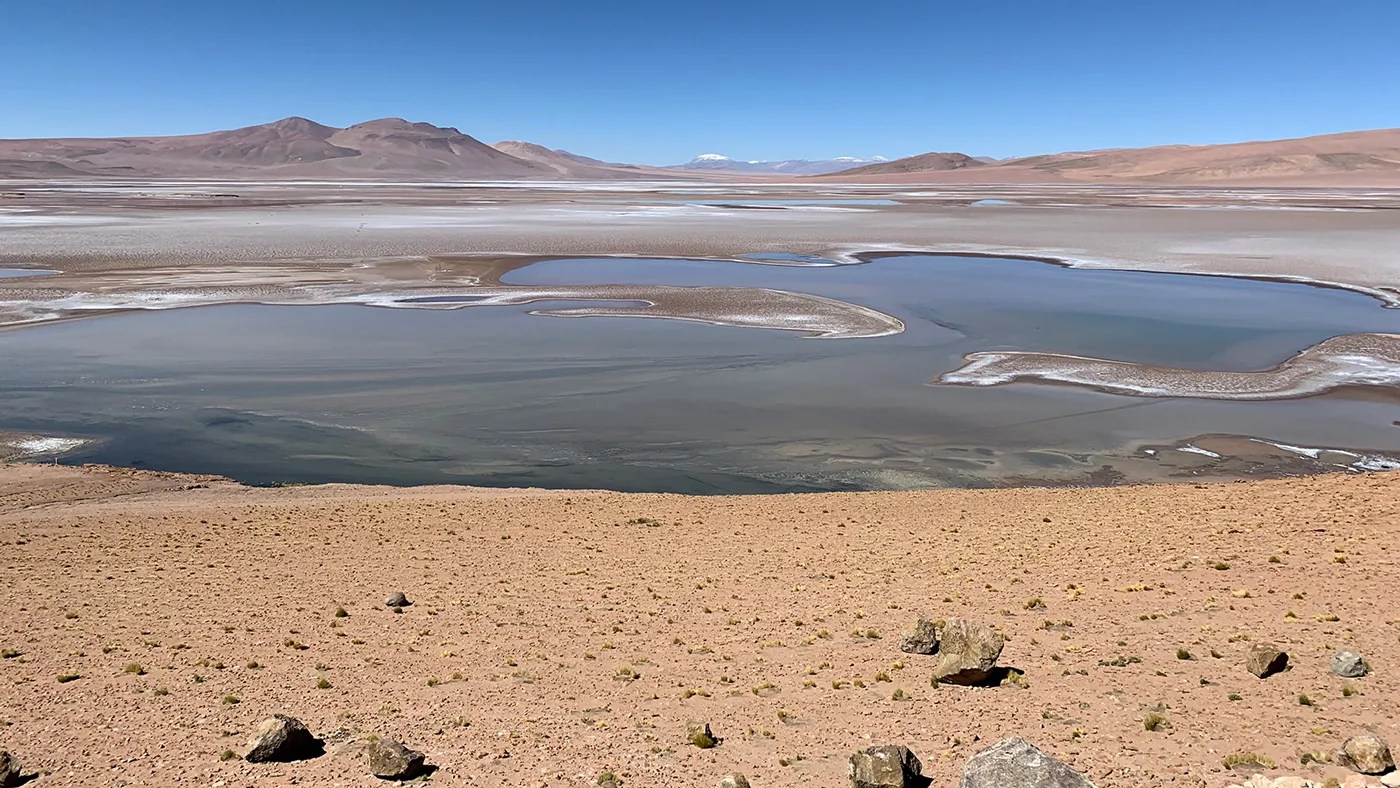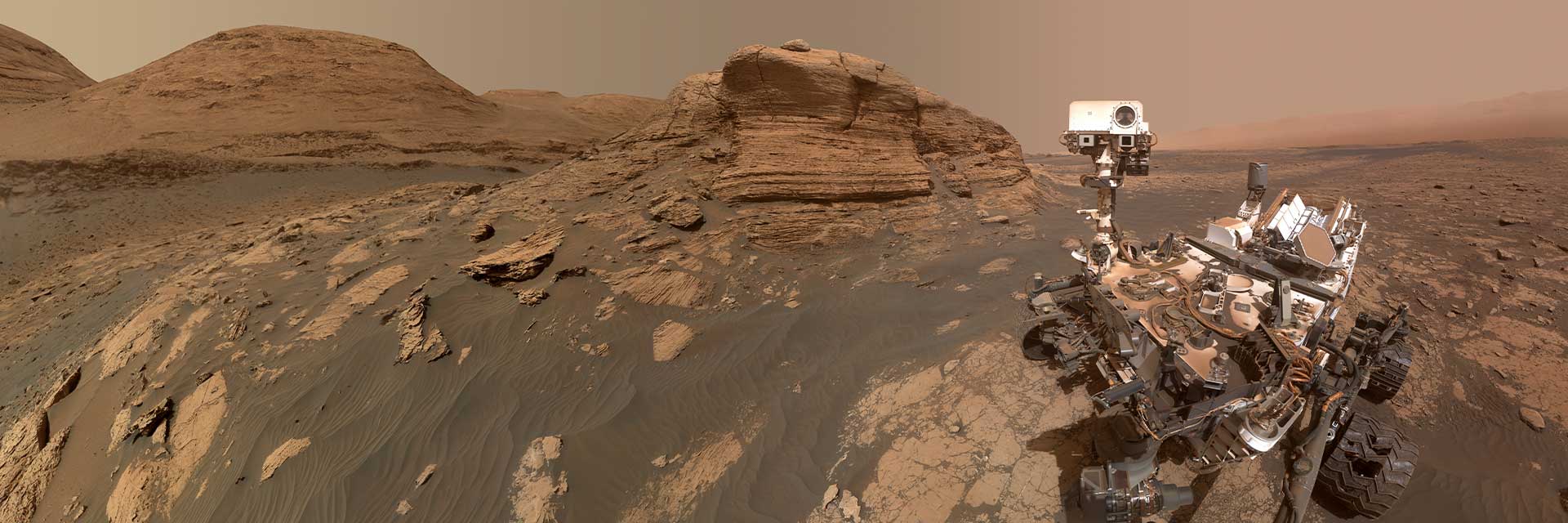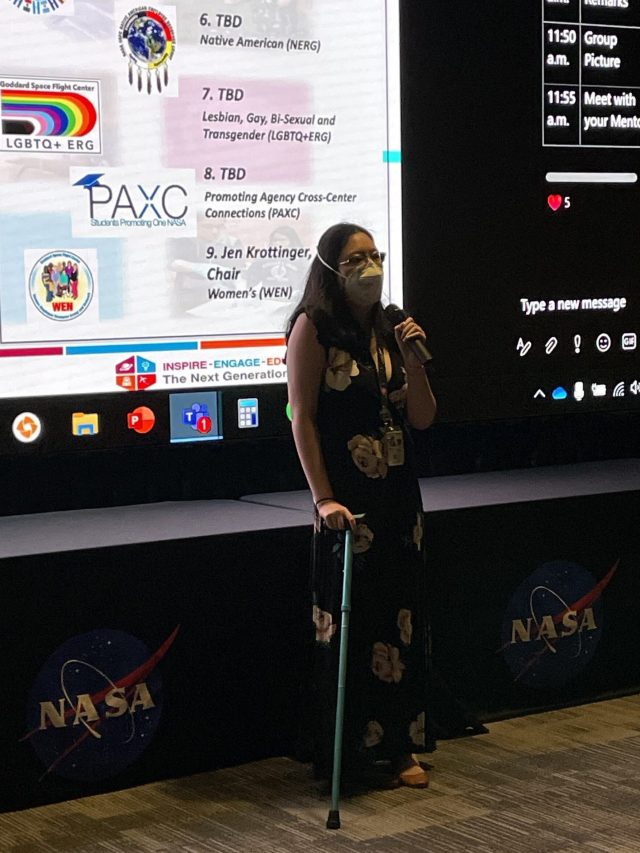Preston Culbertson
Stanford University
Collaborative robotic manipulation has the potential to be a transformative technology for space exploration. Enabling teams of robots to manipulate a common load is a key step toward on-orbit construction, construction in situ on planets and other celestial bodies, and enabling humans and robots to move loads together. Collaborative manipulation systems have numerous advantages over single-agent manipulators, including robustness to single-agent failures, reconfigurability, and parallelization. These characteristics are highly desirable for challenging manipulation tasks in space exploration scenarios.
However, collaborative manipulation under space constraints remains unstudied. While collaborative manipulation has been studied extensively in literature, nearly all work to date assumes the agents may communicate extensively, and do not attempt to optimize the performance or guarantee the safety of collaborative manipulation systems.
This work proposes to develop methods for collaborative manipulation which will enable their application to space exploration scenarios. Using distributed algorithms, we propose to develop decentralized techniques for a group of robots to approach and grasp an unknown object. Further, taking inspiration from optimal control theory and reinforcement learning, we propose to study how a group of agents can optimize their control efforts online. We finally aim to study how to provide safety guarantees for the performance of a collaborative manipulation system.
This research represents an important step toward enabling robotic construction and manipulation in space. These technologies can serve to enable fabrication of habitats in orbit and on celestial bodies for humans, or for construction of structures for exploration and storage in space. Through this work, we hope to develop a comprehensive framework for collaborative manipulation under space constraints.


